(CLO) A23a, the world's largest iceberg on record, is moving from Antarctica towards South Georgia Island, raising concerns about its potential impact on ecosystems and shipping in the area.
The 3,672-square-kilometer iceberg – more than twice the size of London – was trapped for more than 30 years at the bottom of Antarctica's Weddell Sea before it began to drift freely with ocean currents, scientists said.
Andrew Meijers, a physical oceanographer at the British Antarctic Survey, said the iceberg had moved into a bend in the ocean current, heading towards South Georgia. “Our understanding is that it is likely to turn around and head towards the island soon,” he said.
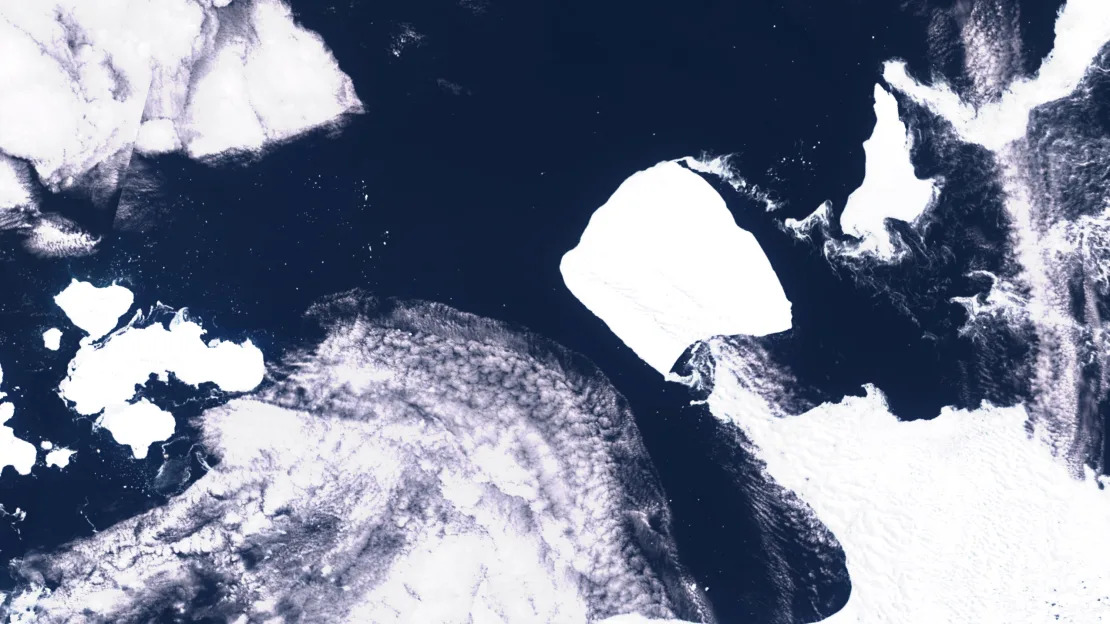
Satellite image of A23a in Antarctica taken in November 2023. Photo: European Union/Copernicus Sentinel-3
Locals and crew in the area are keeping a close eye on the situation. Captain Simon Wallace of the South Georgia government vessel Pharos said he always keeps his headlights on at night to spot icebergs as they can appear unexpectedly.
Larvae from the Filchner-Ronne Ice Shelf in 1986, A23a drifted with the currents after shrinking enough to break free from the seafloor. In December, the iceberg broke free from its former stranding site at Taylor Pillar, where swirling currents from the collision with the seamount had trapped it for months.
Although scientists predicted that A23a would break up when it encountered warm water, so far the iceberg has maintained its structure and has not disintegrated into smaller pieces like previous "super icebergs".
Meijers warned that if A23a gets stuck on the island's continental shelf, it could block seals and penguins from accessing feeding grounds, severely affecting the local ecosystem.
Mark Belchier, director of fisheries and environment for the South Georgia government, stressed that icebergs like A23a are common in the region but can still pose a hazard to ships. Any impact on wildlife is expected to be localized and temporary.
Scientists also note that the iceberg’s calving may be part of the ice shelf’s natural cycle, not directly related to climate change. However, global warming is driving many worrying changes in Antarctica, with the potential for rising sea levels to have serious consequences for the world.
Ngoc Anh (according to CNN, BBC)
Source: https://www.congluan.vn/tang-bang-troi-lon-nhat-the-gioi-co-the-va-vao-hon-dao-o-nam-dai-tay-duong-post331820.html


![[Photo] Many people in Hanoi welcome Buddha's relics to Quan Su Pagoda](https://vphoto.vietnam.vn/thumb/1200x675/vietnam/resource/IMAGE/2025/5/13/3e93a7303e1d4d98b6a65e64be57e870)
![[Photo] President Luong Cuong attends the inauguration of the international container port in Hai Phong](https://vphoto.vietnam.vn/thumb/1200x675/vietnam/resource/IMAGE/2025/5/13/9544c01a03e241fdadb6f9708e1c0b65)


![[Photo] Prime Minister Pham Minh Chinh receives Ambassador of the French Republic to Vietnam Olivier Brochet](https://vphoto.vietnam.vn/thumb/1200x675/vietnam/resource/IMAGE/2025/5/13/f5441496fa4a456abf47c8c747d2fe92)



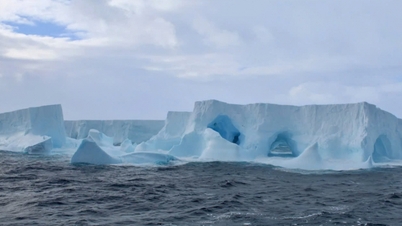
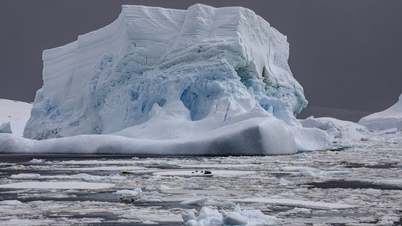

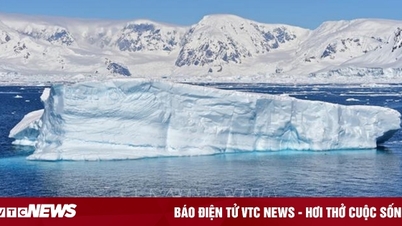

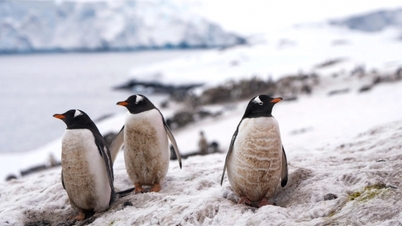







































































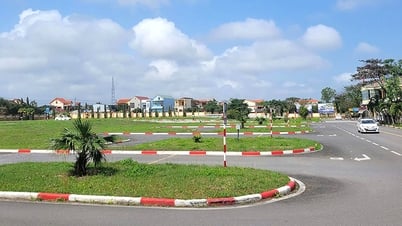












Comment (0)